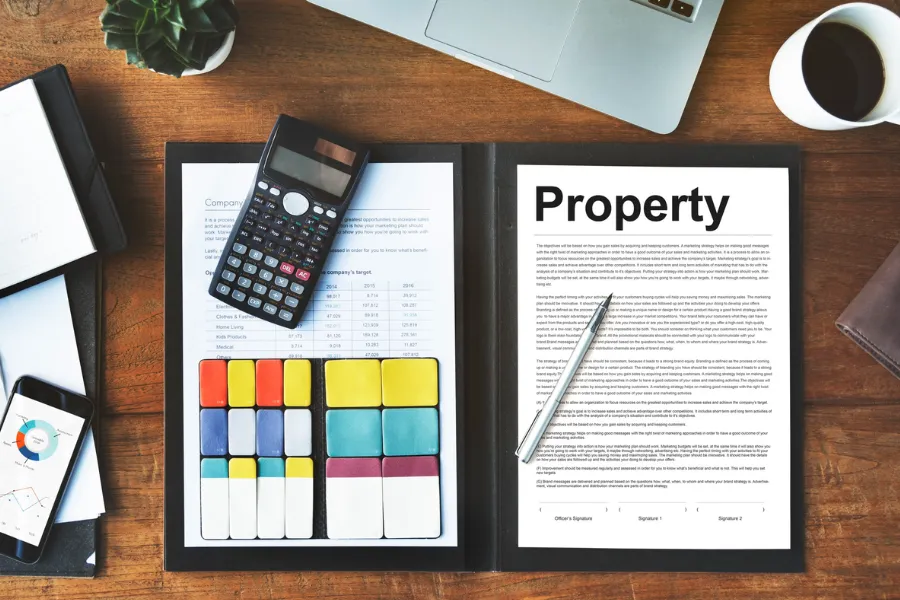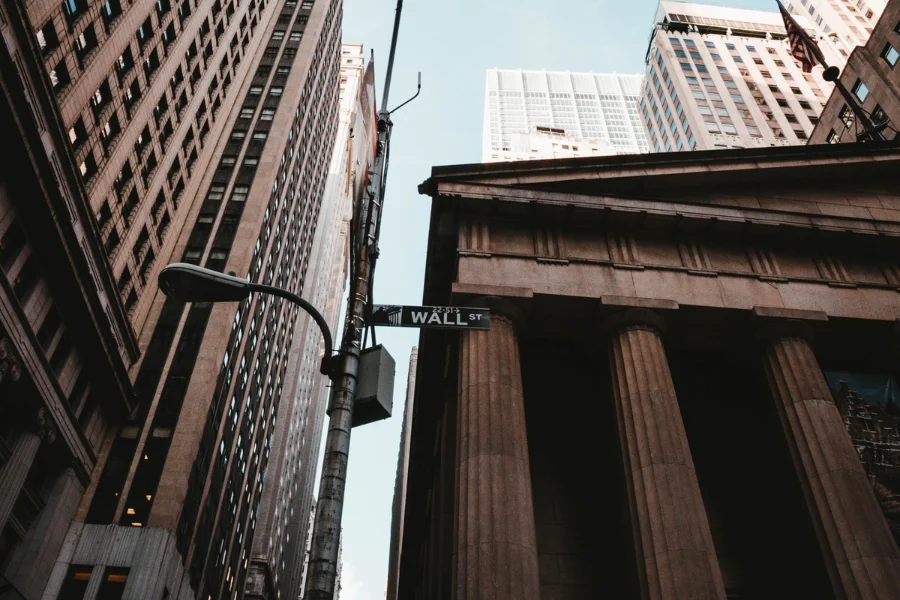Co-op financial requirements in NYC include a sizable down payment, a healthy debt-to-income ratio, and proof of post-closing liquidity (money you have left after you have made the down payment and paid most of the closing costs).
When you buy a condo, you are buying a piece of real estate that’s your own. But when buying a co-op apartment, you are essentially becoming a shareholder in a business, and the other shareholders (represented by the co-op board) need to make sure that you will not become a financial burden on the cooperative. This is why the co-op financial requirements in NYC are so strict.
There are three main co-op financial requirements you need to know about:
1. Down payment
2. Debt-to-income ratio
3. Post-closing liquidity
Co-op Down Payment In NYC
When you are buying a co-op apartment in NYC, you will need a down payment of at least 20-25% (which is the usual benchmark), but it can be more. In extreme cases, it can be 50% or higher for some higher-end buildings or based on the financials or structure of the building, they may require all cash. In very rare cases, you might find a co-op where you can buy an apartment with just a 10% down payment.
A co-op that requires a large down payment can be potentially problematic for the buyer because it reduces the amount of cash you have left for closing costs and the post-closing liquidity requirement that most co-op boards have. It can also hurt the resale value, since other prospective buyers will have to come up with that same minimum down payment. Still, since co-ops tend to be more affordable than condos and they make up the bulk of the apartment market (about 75%), many buyers are ok with the higher down payment requirements.
Co-op Debt-to-Income Ratio Requirement
The debt-to-income ratio (or DTI ratio) indicates what percentage of your monthly income you will use to pay down the debt you have (including your mortgage, credit card payments, student loans, medical bills, etc.). A higher DTI ratio means a higher financial risk, so co-ops in NYC often want buyers to have a low DTI ratio. 28 percent is the magic number, but it can vary depending on the building and the prospective buyer’s full financial picture.
The DTI ratio is calculated by adding how much money you pay toward your debt every month and dividing it with your gross monthly income (before taxes). Let’s say you have a gross monthly income of $15,000. You also have a student loan which requires you to pay $1,000 every month. If you get a mortgage with a monthly payment of $2,500, and the maintenance of the co-op is $1,500, the total amount you will pay toward your debt every month will be $5,000.
Your debt-to-income ratio will be:
DTI Ratio = ($5,000 / $15,000) = 33%
This might be too high for a co-op board depending on their requirements.
Co-op boards are not the only ones that care about a buyer’s DTI ratio. The bank that gives the mortgage to the buyer for buying the co-op (or any other property) also calculates their DTI ratio to determine if they will be able to pay back the mortgage to the bank.
If the DTI ratio is too high and the buyer is using a very large portion of their income to pay their debts, their chances of defaulting on their payment are higher. But a co-op’s DTI ratio requirement is usually even stricter than a bank.
Stable Income
There is another complication when it comes to the DTI ratio. Many co-op boards want you to have a stable income, such as a consistent monthly salary. It ensures that a set amount of money is coming into your bank account every month, and you can use it to pay for your mortgage and maintenance fee. So they might not look favorably on the applications of people with income that changes a lot from month to month or especially year to year (like freelancers).
But if you have a lot of cash and other liquid assets to your name and your overall yearly income is consistently high over the past 2-3 years, then a co-op board will most likely overlook your unstable monthly income.
Co-op Post-Closing Liquidity Requirement
Post-closing liquidity, as the name suggests, is the liquidity (usually cash) you have left after the closing when you have paid the full down payment and all the closing costs. It’s another layer of financial safety for co-ops and ensures that even if you lose your regular income source, you should still be able to pay your mortgage and monthly maintenance payment.
Most co-ops require you to have enough liquidity to cover one to two years of mortgage and maintenance fees. Let’s assume you have a monthly mortgage of $5,000 and a maintenance fee of $2,000. You will need to have at least $84,000 in liquid assets to meet the one-year post-closing liquidity requirement and $168,000 for two years.
It’s calculated by adding your total financial obligation related to co-op (mortgage plus maintenance fee), which is $7,000 in this example, and then multiplying it by a number of months as required by the co-op board.
$7,000 x 12 (one year) = $84,000
$7,000 x 24 (two years) = $168,000It’s important to note that liquidity includes more than just cash. It includes bonds, stocks, funds, etc. Basically, anything that can be quickly converted into cash. But most co-op boards might prefer cash-based liquidity.









